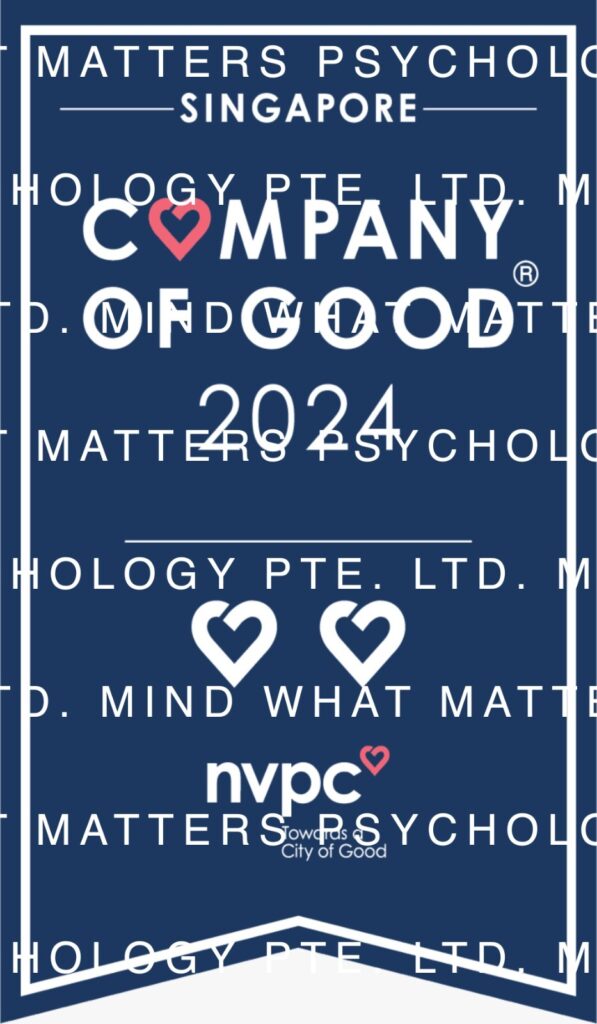Types of Relationships
Romantic Relationships
One way we can look at issues in romantic relationships is through the lens of attachment styles as described by the attachment theory. Attachment styles are essentially the various ways you relate to others and how you think and behave in an interpersonal context.
4 Main Types of Attachment Styles
- Secure attachment: Generally trusting towards their partner, have minimal issues in expressing themselves authentically and are able to seek emotional support appropriately
- Anxious attachment: Characterised by fear of abandonment and rejection, and tendencies to depend on their partner for emotional validation and regulation
- Avoidant attachment: General difficulty in trusting others, tendency to avoid emotional and physical intimacy due to strong sense of independence and discomfort in expressing themselves
- Disorganised attachment: A combination of both avoidant and anxious attachment styles, with general sense of confusion and anxiety towards others, typically due to childhood trauma
While our attachment style starts developing from childhood with our caregivers, they can shift as we grow older and accumulate more experiences. Being aware of our own attachment style and how they show up in interpersonal settings can be extremely helpful in allowing us to choose how we manage our feelings and responses in these relational interactions.
Familial Relationships
One of the most discussed concerns in 21st century family relationships is generational trauma. It is loosely defined as the psychological and physiological effects of the trauma experienced being transferred from one generation to the next. This typically comes in the form of parenting strategies that allows the maladaptive pattern to be ‘passed on’ to the next generation. The other manifestation comes from the passing down of genetic changes to a person’s DNA after experiencing trauma. The effects of which can cause deep-seated anxiety and stress, feelings of hurt and pain, as well as a deficiency in self-confidence and self-regulation in individuals.
Another related concern involves the idea of role expectations and demands. Conflicts and dissatisfaction usually arise when there is a mismatch of expectations, and an incongruity between the expectations and reality. Examples include gender roles expectations and parent-child role expectations. One way to tackle these concerns is to hone our communication and conflict resolution skills, alongside working through our feelings accordingly.
Friendships
Another fundamental building block of our social needs comes from the friends around us. As much as friends can be good companions and sources of comfort, problems relating to friendships can affect our self-esteem, our identity and even lead to feelings of depression and/or anxiety.
Friendships vary across our lifespan, adapting to our needs, personal growth and environment. As priorities change and evolve, the nature of our friendships and the issues we face with them tends to also shift. Being aware of the differences in culture, priorities and values is crucial in navigating the way we interact and communicate with our friends.
Examples of Relationship Problems
- Bullying
- Manipulation
- Jealousy
- Mistrust and betrayal
- Conflicts and disagreements
- Inconsistencies, and unrealistic expectations
Learning the appropriate communication and conflict resolution skills can go a long way in both maintaining and mending relationship problems.
Coping with Relationship Issues
Working through relationship frustrations may sound daunting when emotions run high and communication breaks down. However, an open communication with your loved ones might be the way to set healthy boundaries while enhancing mutual respect and intimacy. Seeking therapy can also provide the necessary tools to engage when resolving conflicts and improving communication skills.











